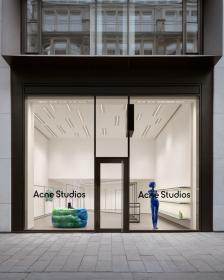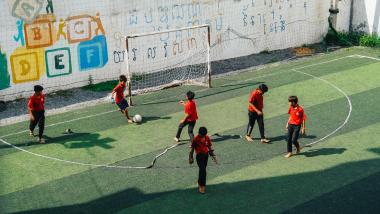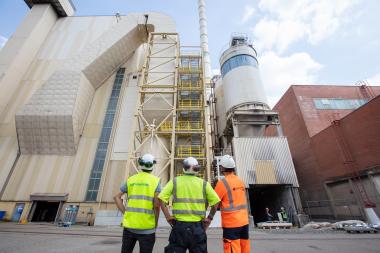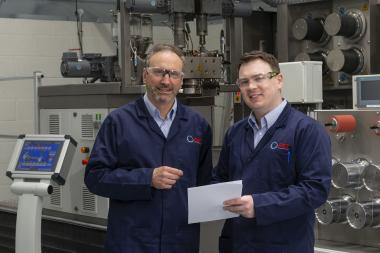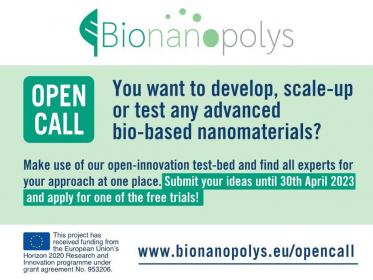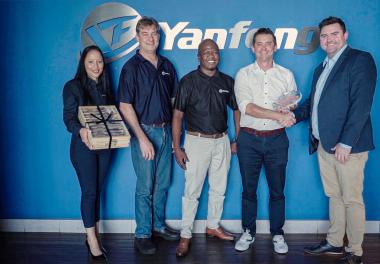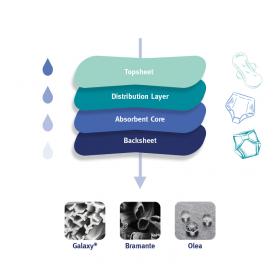Schwedisches Fashionlabel „Acne Studios“ feiert Neueröffnung in Hamburg
„Keep it simple“ ist das Stil-Credo der schwedischen Modemarke Acne Studios. Die Kleidungsstücke sind nicht überfrachtet, sondern überraschen durch einen ungewöhnlichen Schnitt oder einzelne leuchtende Farben. Diese Brand-DNA wurde auch bei der Neueröffnung des Stores am Neuen Wall in Hamburg aufgegriffen. Innenarchitektin Vera Schmitz hat für das Ladendesign das Retailkonzept des Designstudios Halleroed lokal interpretiert und Elemente klassischer deutscher Architektur mit der schwedischen Markenphilosophie kombiniert. Verantwortlich für die Umsetzung des Innenausbaus inklusive aller technischen Gewerke und der Überarbeitung der Fassade war der Generalübernehmer Schwitzke Project aus Düsseldorf.
Der 225 Quadratmeter große Hamburger Store, der zwischen zwei Kanälen und zwischen zwei Straßen gelegen ist, wird in zwei Flügel aufgeteilt. Über zwei getrennte Eingänge gelangen die Kund:innen in den Store, in dessen Mitte sich eine dreieckige Gondel befindet, die mit Spiegeln verdeckt ist und so ein Gefühl der optischen Illusion erzeugt. Im Store verteilt finden sich als Deko-Elemente eine Auswahl von Sitzmöbeln in Batik-Look, die die industrielle Umgebung aus harten Metallen und Glas aufbrechen.
Der Hamburger Store ist die erste Kooperation zwischen Schwitzke Project und Acne Studios.
Acne Studios Stationärer Einzelhandel Schwitzke Project Design, Inneneinrichtung, Architektur
Schwitzke Project


